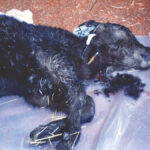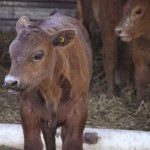We live in a world where vaccinology has been one of the mainstays of disease prevention in livestock in general — producers definitely rely on it. This year, one of the main scour vaccines has been absent in the marketplace for the second straight year. There are alternative products, but their use may mean tweaking […] Read more











